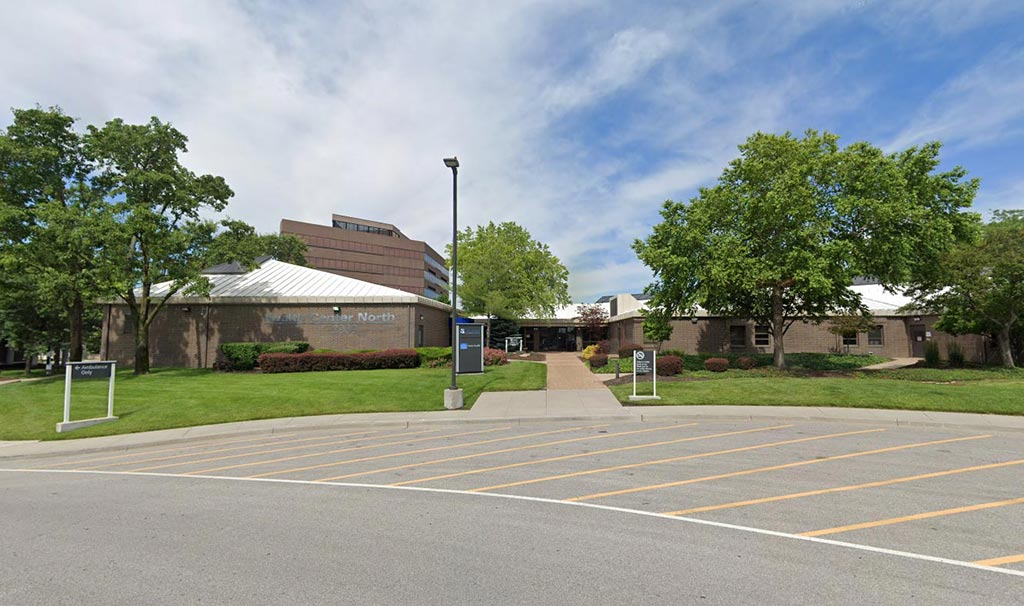Addiction is a chronic condition that is characterized by an overwhelming urge to use substances such as drugs or alcohol despite the negative effects this may have on a person’s life. As described by the National Institute on Drug Abuse (NIDA), repeated substance use can alter the brain and interfere with a person’s ability to resist cravings or cause them to behave in ways they otherwise wouldn’t.
Signature Psychiatric Hospital is a leading provider of inpatient detoxification services, residential treatment, and a partial hospitalization program (PHP) for adults who are struggling with addictions to alcohol, opioids, and benzodiazepines, along with those who have a dual diagnosis. We also offer separate intensive outpatient programs (IOPs) for adults and adolescents ages 13-17 who do not require 24/7 care.
Signs & Symptoms of Addiction
Each person who develops an addiction may experience a variety of symptoms depending on the substance they are using. Common signs and symptoms of addiction include:
- Extreme or frequent changes in mood
- Damaged or ruined relationships with friends, family, or partners
- Intense cravings for the substance
- Prolonged use of the substance
- Impaired judgment
- Sleeping too much or not enough
- Weight fluctuations
- Poor hygiene
- Financial troubles
- Loss of interest in activities that were once enjoyable
- Neglecting academic, professional, or personal responsibilities
- Engaging in dangerous or risky behaviors
- Experiencing physical or psychological distress when not using the substance
The symptoms of addiction often vary from person to person. But getting professional help at the first signs or symptoms of addiction can save a person’s life.
Addiction Statistics
The following are some statistics about addiction in the United States from the Substance Abuse and Mental Health Services Administration (SAMHSA) National Survey on Drug Use and Health (NSDUH) conducted in 2020:
- Roughly 59.3 million people age 12 and older (or 21.4% of the population within this age range) engaged in illicit drug use.
- An estimated 41.1 million people age 21 and older (or 14.9% of the population within this age range) were classified as needing professional support for a substance use disorder. Among those 41.1 million people, 97.5% felt that treatment wasn’t necessary.
- About 17 million adults age 18 and older (or 6.7% of the population within this age range) struggled with a substance use disorder and a co-occurring mental illness.
Common Causes of & Risk Factors for Addiction
It is difficult to determine a single cause behind someone’s struggles with a substance use disorder. This is because there are many factors that can lead someone to frequently use alcohol or drugs. Potential causes of and risk factors for addiction include:
- Being exposed to drugs or alcohol
- Experiencing or witnessing one or multiple traumatic events
- Having one or multiple preexisting mental health disorders
- Having a parent or family member who also struggles with addiction
- Suffering from low self-esteem
- Struggling with high stress levels and poor coping skills
- Living in an area where drugs or alcohol is easy to obtain
Potential Effects of Addiction
Addiction can put a person at risk for several negative effects. This condition can also cause serious long-term damage to a person’s physical and mental health.
The possible effects of addiction include:
- Financial difficulties, unemployment, or homelessness
- Severe damage to organs and increased risk for certain diseases
- Social isolation and withdrawal
- Suspension from organized sports or other recreational activities
- Strained or ruined relationships with loved ones
- Declining work or school performance
- Accidental injury, overdose, or death
- Run-ins with the law
- Malnutrition
- Suicidal thoughts or suicide attempts
What Happens if I Have an Addiction Relapse?
Trying to overcome an addiction has many ups and downs, and relapse is a normal part of the recovery process. But relapsing doesn’t mean that you’ve failed.
When you get personalized care for an addiction, you’ll soon discover that there are a number of ways to overcome cravings and triggers. The expert team at our treatment center can teach you ways to cope and better prepare you in case you have an addiction relapse.
Be sure to reach out to your care team if you need further help getting back on track. We will work hard to empower you to take the necessary steps to avoid going back to using drugs or alcohol.
Benefits of Addiction Treatment
Research shows that the earlier in life someone uses drugs or alcohol, the more likely they are to incur long-term damage. The good news is that seeking the help of a professional can reduce one’s risk for future negative effects of addiction.
By participating in one of our addiction treatment programs at Signature Psychiatric Hospital, you’ll have the opportunity to receive treatment in an environment that allows you to focus on your health. Our expert team of therapists, social workers, and other addiction specialists will work with you every step of the way, encouraging you to play an active role in your recovery.
You’ll also receive a comprehensive aftercare plan that is designed by our team of doctors, nurses, and case managers to set you up for continued success. This plan may include follow-up services, support groups, and community resources based on your unique needs and goals.
If you have any questions about the levels of care and services we offer, don’t hesitate to contact us. One of our assessment counselors will gladly connect with you and help you determine if our treatment center is right for you. At Signature Psychiatric Hospital, you can lay the foundation for lasting wellness and rediscover the beauty of life.
This content was written on behalf of and reviewed by the clinical staff at Signature Psychiatric Hospital.









